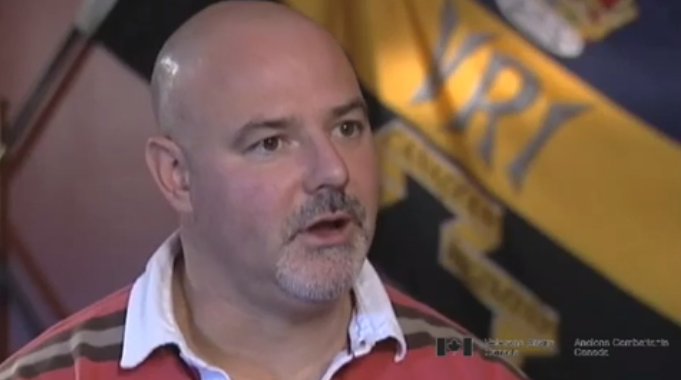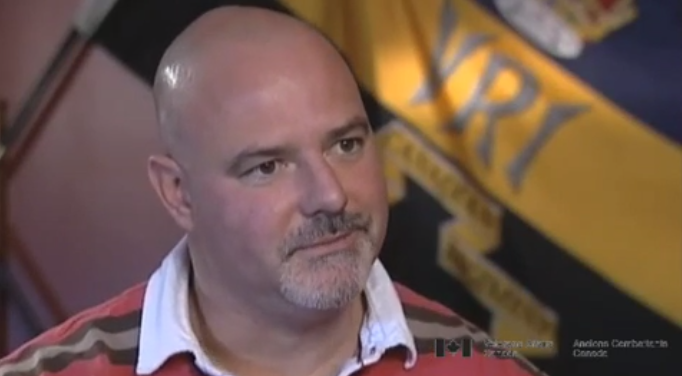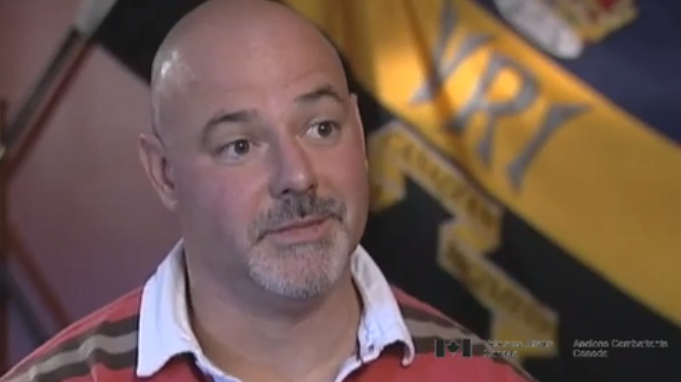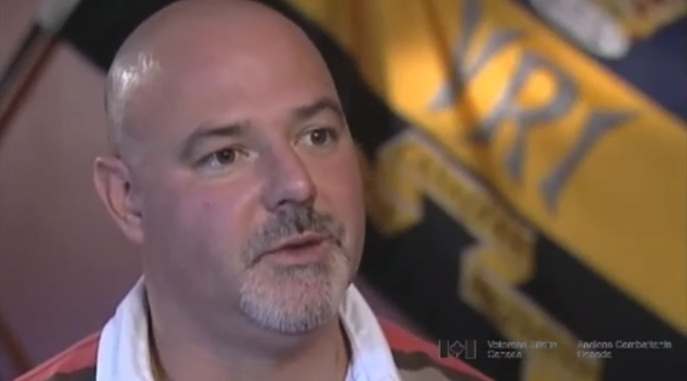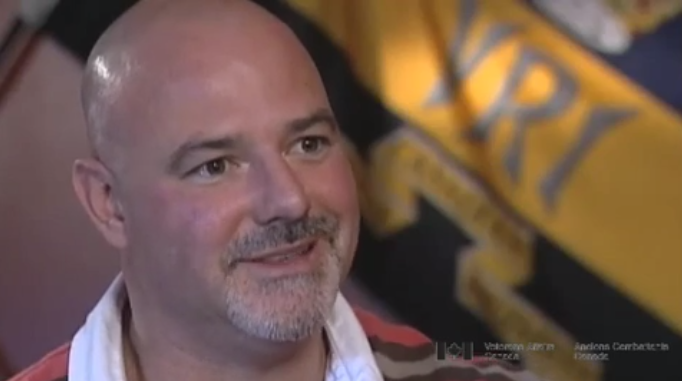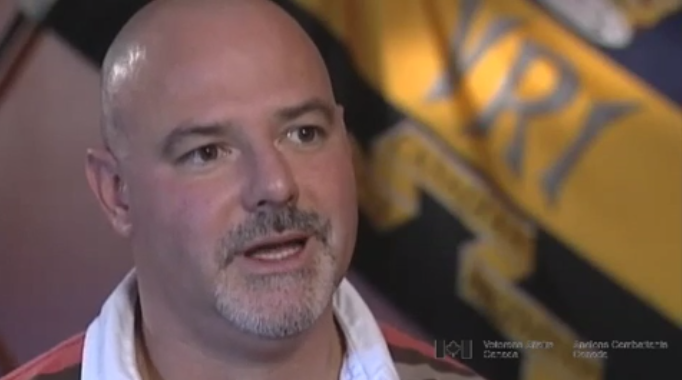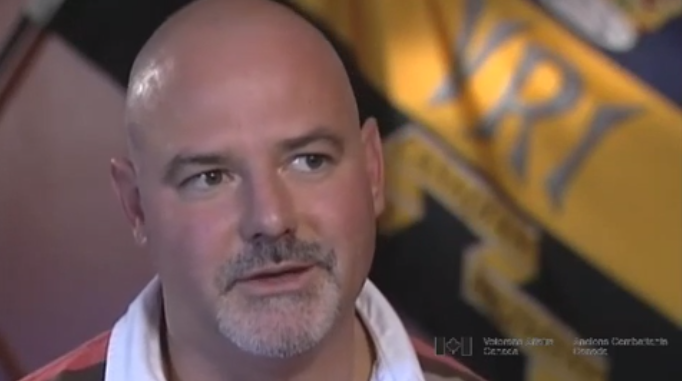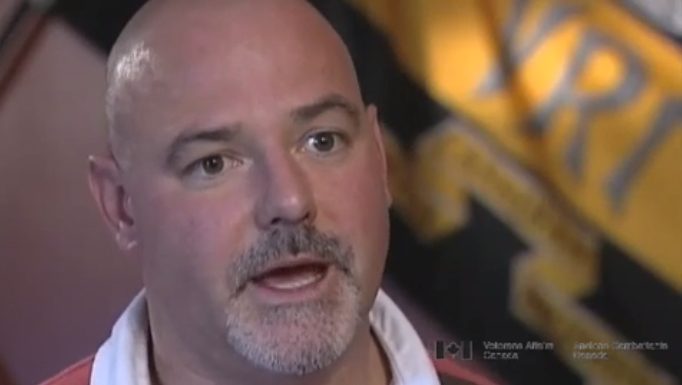We'd already been in Croatia for about, roughly I think about
three months doing everything and anything from, you know,
check points, you know, searching for weapons, or dealing
with belligerence on both sides trying to stop the fighting.
But when Sarajevo was cooking up, when Bosnia was kind of
imploding we were getting daily O groups, daily orders
groups on what was going on, what the situation is.
We really sat on our butts for about three weeks trying,
waiting for the government, waiting for our chain of command
to say “Yep, you guys are gonna go.” And when we actually
starting making the road move into Sarajevo, it was, you know
everything that we had done prior in Croatia, we knew that
from what we had seen on TV and from the information that we got
with, you know, hundreds of thousands of civilians stuck
in this place getting bombarded and shot at all the time,
we were, this is what we were really here to do.
Is, let’s go and help these people out. It was a huge push to
let’s get this done and let’s get there.
The very first night, once we got to the airport and November
company deployed to what we called Beaver Camp was an old
J and A army base. And I’ll never forget, it was almost like the
entire November company was in this huge quonset hut with,
you know, tin roof and tin walls and all the vehicles were
kind of parked there and constantly, never ending machine
gun fire going on. Battles going on all around us, just a
constant; I used to tell my son, I said it’s almost like the
final battle in the movie “Platoon” that’s what it was like the
first night in Sarajevo, and we’d look outside and see
tracer fire going through the mountains, going through the hills
and nothing in us, but it was almost like we just stuck
ourselves in the middle of a hornet’s nest and all around us
was fighting and constant fire and I can remember purposely
sticking my walkman and turning music on to drown out the sounds
of the battles around us. Cause we still didn’t have,
you know, orders on to exactly what we were going to do.
How we were gonna go to the airport. How we were gonna
deploy. We were just kind of sequestered there while the chain
of command figured things out and all around us
(sounds of gunfire) just constant, constant fire fights,
constant And then the next day I can remember driving into the
airport and there was bodies on the streets. There was fresh
evidence of the battles of the night before and it seemed to be,
you know you ask, “what was it like being a peacekeeper in
Sarajevo?’, our duties and our days were 14, 16 hours long. We’d
go to the airport. We’d wait for the supply aircraft to come in
and then the UNHCR vehicles got loaded with humanitarian relief
supplies and then we’d escort them to certain parts of the city
to, you know, unload them into warehouses or what have you and it
was surreal kind of driving into the old Olympics stadium where
they had the Olympics in 1984 and the place is getting bombed and
shot at all the time and, you know, we’re starting to figure out
how and the hell are we going to do anything here.



